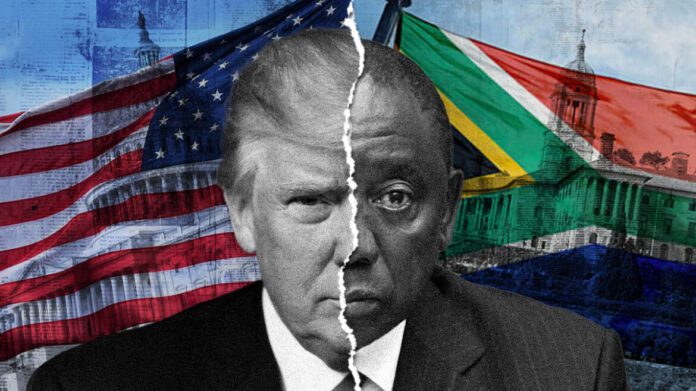In the recent news, the United States has threatened to boycott the upcoming Group of 20 (G20) summit scheduled for November 2025 in Johannesburg.
The States justify this action over South Africa’s controversial land reform policies and its involvement with the International Criminal Court (ICC) over alleged war crimes.
The tension also stems from the South African government’s new expropriation law, which allows for the seizure of land from white farmers without compensation.
The U.S. government has expressed concerns that this policy is unfairly targeting white South Africans and could have negative implications for property rights and international investment.
In response to these claims, the White House National Security Council has reportedly instructed all U.S. agencies and departments to suspend engagements related to the summit.
U.S. Secretary of State Antony Blinken further confirmed the U.S. decision, stating on his X (formerly Twitter) account that he would not attend the G20 foreign ministers’ meeting due to “diplomatic reasons.”
Another significant factor contributing to the U.S. threat to boycott is South Africa’s involvement with the ICC’s investigation into alleged war crimes.
The ICC had previously launched an investigation into U.S. military actions in Afghanistan and Pakistan, leading to sanctions imposed by the Trump administration on ICC officials.
However, tensions escalated when the ICC issued an arrest warrant for Israeli Prime Minister Benjamin Netanyahu, accusing him of war crimes related to the ongoing Gaza conflict.
South Africa played a prominent role in initiating the case against Israel, a move that infuriated the U.S. as Israel is one of its closest allies.
The U.S. government has viewed these actions as a direct attack on its strategic interests, particularly as South Africa’s involvement with the ICC threatens to undermine U.S. support for the court.
Moreover, South Africa’s position as a founding member of the BRICS bloc, alongside Russia and China, has raised further concerns in Washington.
The U.S. perceives BRICS as a challenge to Western global dominance, with the group seeking to shift the global balance of power away from the U.S. and its allies.
The diplomatic and economic fallout from this confrontation has already begun to take shape.
Reports indicate that the U.S. has started to scale back its financial aid to South Africa, citing the country’s increasingly antagonistic stance on issues that directly affect U.S. interests.
This diplomatic fallout between the two countries is not just a bilateral fight, it acts as a window into the global rebalancing now underway.
As countries like South Africa assert themselves, they are challenging not only U.S. policies, but the assumptions behind those policies of who gets to decide what justice looks like, whose rights matter, and which alliances are legitimate.
The U.S. is turning away from South Africa because Pretoria no longer plays by Washington’s rules. The deeper question is whether the U.S. can adapt to a world where it doesn’t always get to write them.















